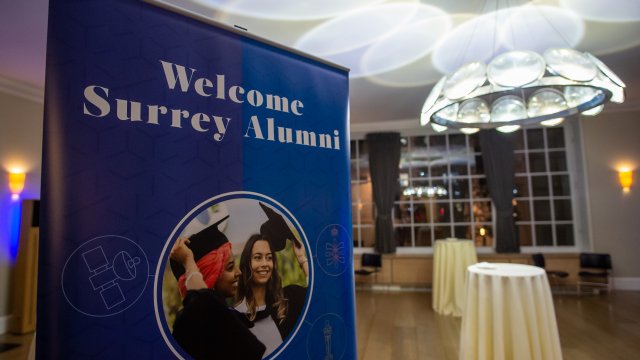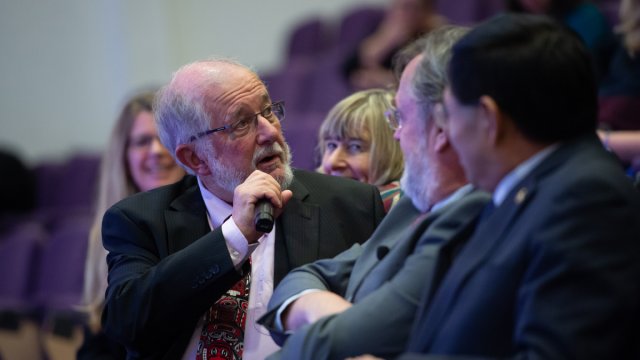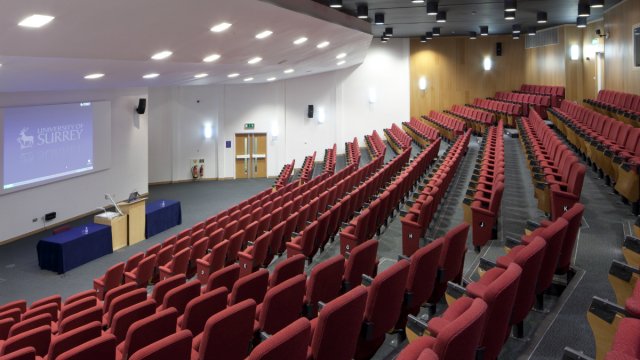Events
Thursday 22 May 2025
University of Surrey Chamber Choir Concert
The University of Surrey Chamber Choir perform in their final concert of the year.
Mailing list
Join our mailing list to subscribe to our regular 'What's On' e-newsletter and receive personal invitations to forthcoming University events of interest.
Join our mailing list
Visiting the University
Find out how to get to the University, exploring our campus and how to get around.







